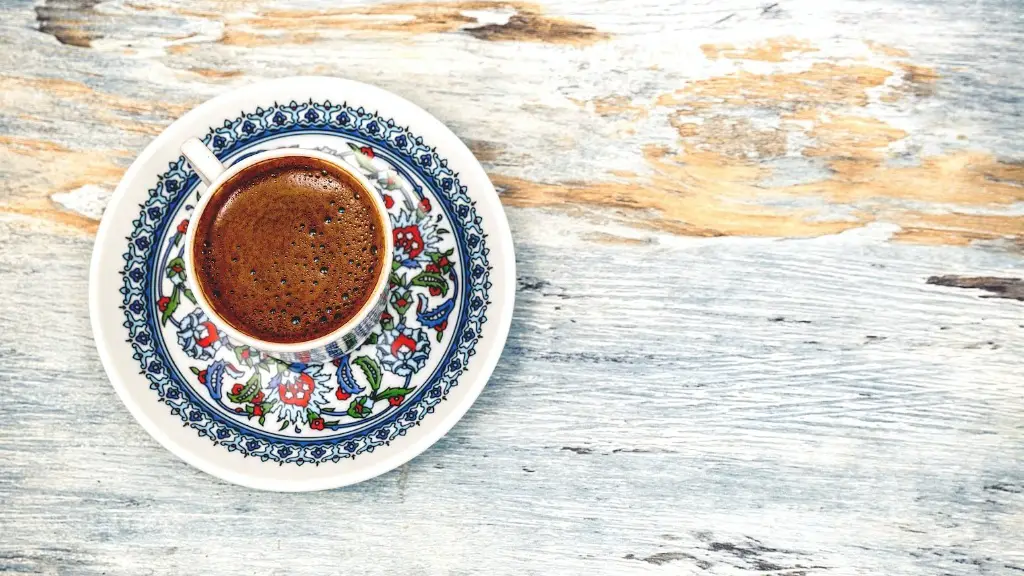Pregnancy is a critical period, when you must be extra careful of what you put into your body to ensure that nothing harms your little one. Decaf coffee might seem harmless due to its lack of caffeine, but will this benefit you and your baby? Can pregnant people drink decaf coffee? Let us explore the risks and benefits of decaf coffee for pregnant women.
There is still an ongoing debate about the safety of caffeine during pregnancy, but experts have a consensus that pregnant women should limit their caffeine intake to 200mg per day or lower. Decaffeinated coffee still contains a small amount of caffeine, however, which is one of the reasons why some experts suggest avoiding it altogether.
When it comes to decaffeination processes, longer and more intense processes present a greater risk of releasing other chemicals that can harm the fetus in the womb. Some of these chemicals are harmful because of their carcinogenic properties. It’s important to understand that this knowledge of substances getting into coffee during the decaffeination process is still relatively new and more research needs to be done to understand the exact risk.
Apart from containing traces of caffeine, decaf coffee generally contains a small amount of theobromine, which can negatively affect the immune system. In addition, decaf coffee also contains some antioxidants, although again the amount is considerably lower than regular coffee. As such, there is no clear benefit or risk in drinking decaf coffee during pregnancy.
If you feel like you really need to drink a cup of coffee, experts suggest that decaf coffee may be a preferable option, as it is slightly better than regular coffee, and will not affect your baby to such a great degree. However, it is important to remember that even decaf coffee still contains some caffeine, so you must be careful not to overdo it.
In conclusion, each pregnancy is unique and should be treated as such when it comes to what to eat and drink. If you want to be extra cautious, caffeine and decaf coffees should be avoided or limited. It is wise to consult a physician to understand if this beverage is safe for you.
Risks of Caffeine
Caffeine is considered to be the main concern when it comes to pregnant women drinking coffee. Caffeine is highly addictive and can have multiple effects on the fetus, such as being a source of stress, raising blood pressure, and has also been linked to low birth weight. Research has also shown that consumption of over 200mg of caffeine per day can increase the risk of miscarriage.
Therefore, because of all the potential risks of caffeine, it is often recommended that pregnant women avoid or limit their intake of caffeine. This includes limiting not only the amount of coffee they drink, but also tea, energy drinks, and other caffeinated beverages.
In addition to being addictive and potentially dangerous to the fetus, caffeine can also increase the risk of developing anxiety, insomnia, and hypertension during pregnancy. Therefore, it is important to recognize that while caffeine can be useful in cases of fatigue, it should not be overdone or replaced with decaf.
Ultimately, it is up to you to decide whether you should be consuming caffeine or decaf during pregnancy, but it is important to take long-term implications into consideration when making this decision.
Benefits of Decaf for Pregnant Women
The primary benefit that decaf coffee has over regular coffee is that it still contains some of the same health benefits without the added caffeine. This means that, as long as you are aware of the drawbacks of decaffeination, you can enjoy some health benefits without risking the adverse effects that caffeine can bring.
In particular, decaffeinated coffee is a great source of essential minerals such as magnesium and potassium, antioxidant compounds that protect against cellular damage, and polyphenols which have anti-inflammatory and immune-boosting effects. Drinking decaf coffee can also result in improved digestion as it stimulates the digestion process without risking the side effects of too much caffeine.
Overall, decaf coffee can provide pregnant women with some of the benefits of drinking coffee without the risk of exposing their unborn child to the potential harms of caffeine.
Drawbacks of Decaffeination Process
While decaffeinated coffee has been shown to have some health benefits, the process of decaffeination should also be brought into consideration. Generally, decaffeination involves the use of solvents, like ethyl acetate, in order to remove the caffeine from the coffee beans, which can potentially leave some trace amounts of solvent behind.
These solvents and other chemicals used in the decaffeination process may pose some potential harms to the fetus, and the more intense and longer the decaffeination process, the greater the risk. Therefore, it is important to consider the decaffeination process when buying decaffeinated coffee.
The majority of products available in the market today, however, have been through intense decaffeination processes, which should be taken into account when decisions are being made about what to consume during pregnancy.
It is worth remembering that, in most cases, decaf coffee is much better than regular coffee as it contains lower amounts of caffeine and, as long as you are aware of all potential risks, you should take steps to ensure that you are drinking decaffeinated coffee.
Moderation is Key
It is important to remember that even decaf coffee should be consumed in moderation. Many products on the market still contain relatively large amounts of caffeine, so it’s important to be aware of how much caffeine you are consuming.
For example, if you are drinking a decaffeinated latte, you should be aware of the fact that a single latte can have as much as 80 mg of caffeine. This means that, depending on the type of decaf coffee you are drinking, it could be easy to go over the recommended 200mg limit of caffeine during pregnancy.
Furthermore, it is also important to be aware of any added ingredients to your coffee, such as syrups and whipped cream, as these can contain additional caffeine.
For those who wish to enjoy decaffeinated coffee during pregnancy, it is important to remember that moderation is key to ensure that the baby is not exposed to too much caffeine.
Focus on Hydration
It is essential to be aware that caffeine can act as a diuretic, meaning that it will make you urinate more and could lead to dehydration. While hydration is essential for everyone, it is especially important for pregnant women whose bodies are going through changes.
Therefore, if you are drinking decaf coffee while pregnant, make sure to stay properly hydrated by drinking plenty of water. Also, try drinking herbal or decaffeinated tea as an alternative if you are craving something warm.
In addition to staying well hydrated, it is also important to get plenty of rest and have a balanced diet to ensure that both you and your baby are safe and healthy.
At the end of the day, it is up to you to make the final decision about what you can safely consume during your pregnancy. However, it is important to take long-term implications into consideration when deciding whether or not to drink decaf coffee, and also to be aware of how much caffeine you are consuming.





